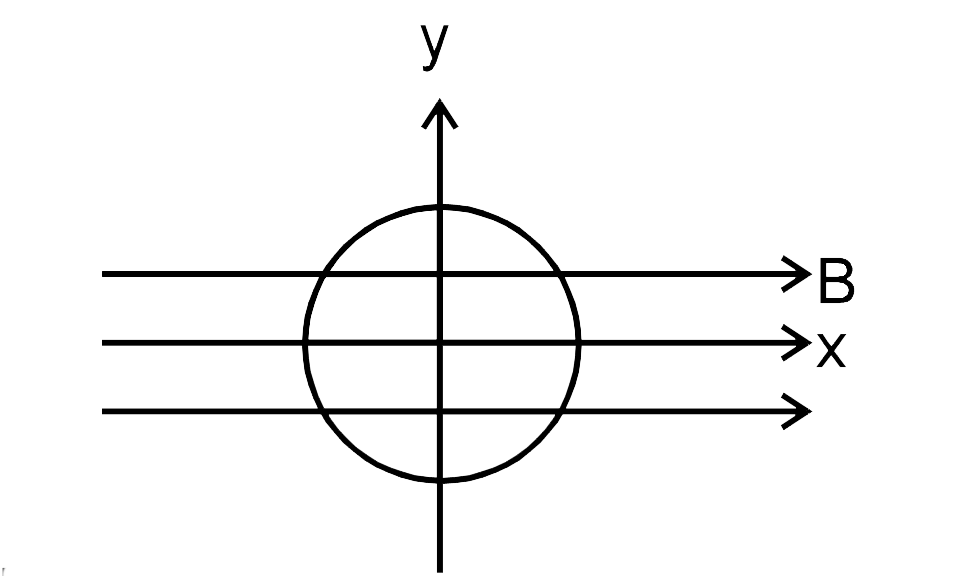A body has its centre of maas at the origin. The x-coordinates of the particles
may be positive
may be negative
must be non-negative
may be non-positive
The correct Answer is:D
Step by step video, text & image solution for A body has its centre of maas at the origin. The x-coordinates of the particles by Physics experts to help you in doubts & scoring excellent marks in Class 11 exams.
Updated on:21/07/2023Topper's Solved these Questions
Similar Questions
A body has its centre of maas at the origin. The x-coordinates of the particles
View SolutionA body having its centre of mass at the origin has three of its particles at (a,0,0),(0,a,0),(0,0,a). The moments of inertia of the body about the X and Y axes are 0.20 kg −m2 each. The moment of inertia about the Z-axis
View Solution
Knowledge Check
A particle of mass m is moving with constant speed v on the line y=b in positive x-direction. Find its angular momentum about origin, when position coordinates of the particle are (a, b).
AmvbBmvb/2Cmvb/4DnoneA conducting loop of resistance R and radius r has its centre at the origin of the coordinate system in a magnetic field B, When it is rotated about y-axis through 90∘, net charge flown in the loop is directly proportional to -
 AB−1BRCr2Dr
AB−1BRCr2DrThe speed v of a particle moving along a straight line is given by a+bv2=x2, where x is its distance from the origin. The acceleration of the particle is
AbxBxaCxbDxab
If large number of particles are distributed on XY plane and their centre of mass is at origin of coordinates, then
View SolutionIf a large number of particles are distributed on YZ plane and their centre of mass is at origin of coordinates, then
View SolutionA point has 5 as its x–coordinate and 4 as its y–coordinate. Then the coordinates of the point are given by __________.
View SolutionThe speed v of a particle moving along a straight line is given by a+bv2=x2 where x is its distance from the origin. The acceleration of the particle is
View SolutionThe speed v of a particle moving along a straight line is given by a+bv2=x2 (where x is its distance from the origin). The acceleration of the particle is
View Solution
